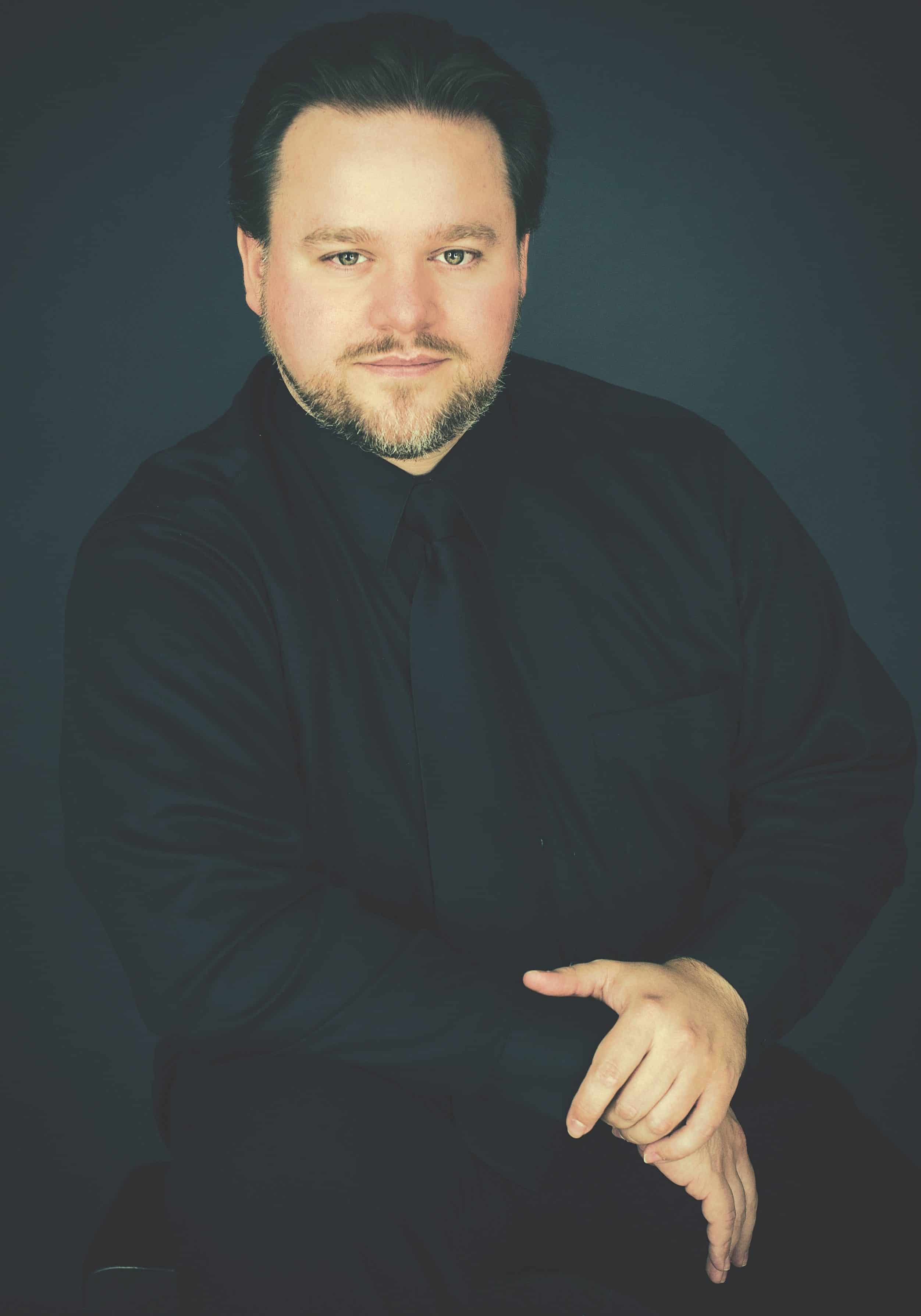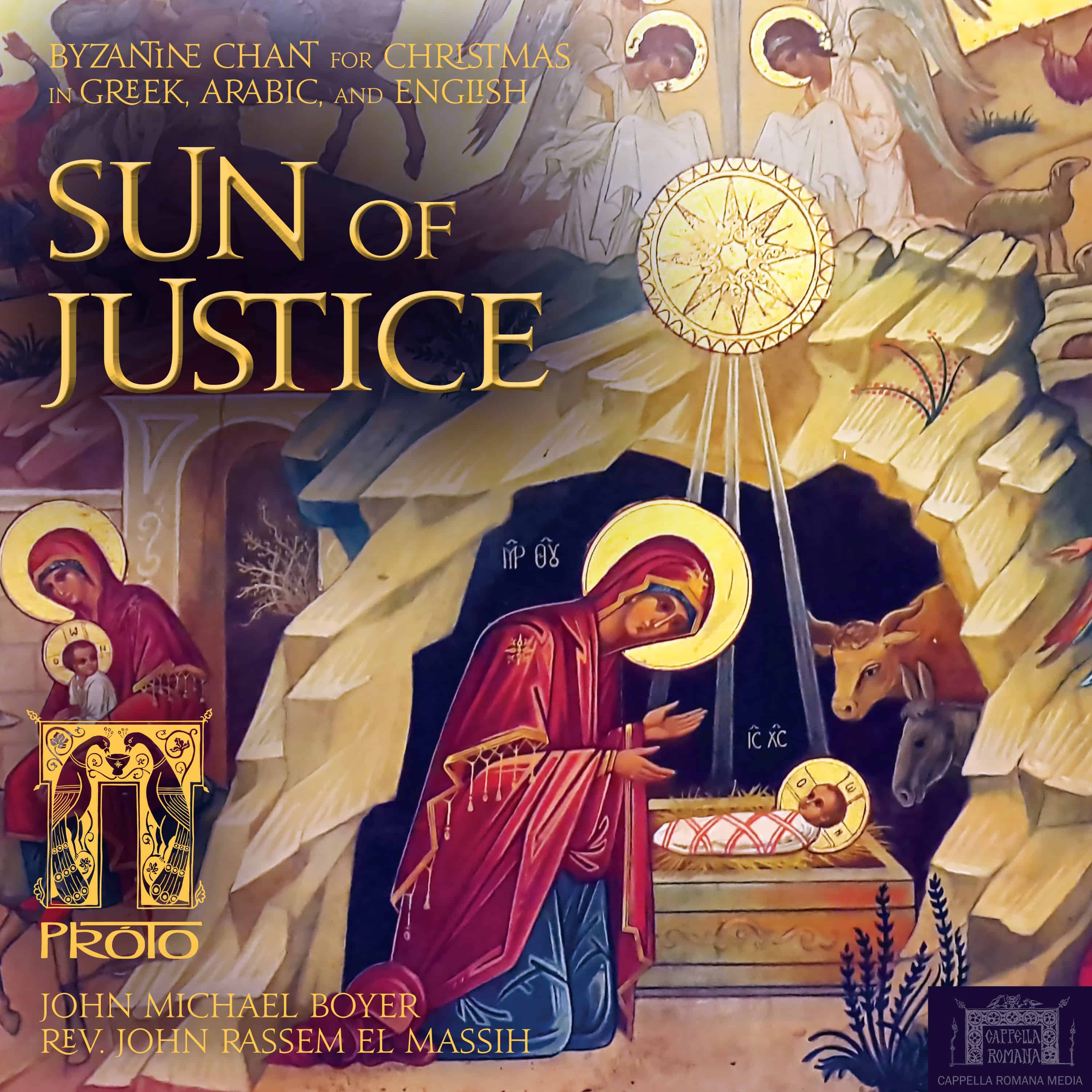
The ecclesiastical feast day celebrating the Nativity of Jesus Christ – which came to be called simply “Christ’s Mass,” or “Christmas” in English – was added to the calendar in the Eastern Church somewhat later than other major feasts. Originally, Christ’s Nativity and Baptism were celebrated on the same day: Epiphany (January 6). Much has been said concerning the origins and influences – whether Pagan, Persian, or Christian – of December 25th becoming the feast day of the Nativity of Christ; suffice it to say that the late Roman Pagan holiday of the Birth of the Unconquered Sun, the ancient Persian celebration of the birth of Mithras – the “Sun of Justice,” – and the celebration of the birth of Jesus Christ were each to one extent or another in the mind of the Roman populace during the development of the Christian calendar. This may account for the fact that one of the main hymnological themes for Christmas is that of light in general and the sun specifically: Orthodox hymnography refers to Christ “dawning from a Virgin,” to his Nativity making “the light of knowledge dawn on the world,” calls him the “Dayspring from on high,” or “Dayspring from the east,” and even applies the title “Sun of Justice” for Jesus Christ. Christians seemed to say, “You all worship the sun in the sky or call this false god Mithras the ‘Sun of Justice,’ whereas we worship the true God, the spiritual, noetic ‘Sun of Justice’: Jesus Christ, the Son of God and true giver of light and life.”
This theme permeates the hymnography of Christmas, along with the paradox of God becoming man and of the Virgin giving birth; the humility of the Son of God in his Incarnation; the sanctification of the earth, deification of humanity, and the reconciliation of God and Man in the God-Man, Jesus Christ. The hymns reflect on all these themes, culminating in the universal exultation of creation: “Now Christ is born: therefore glorify!” “Sing your praise to the Lord, all the earth!” “Glory to God in the highest!”
We present our program of a Byzantine Christmas in liturgical order, spending a moment or two in each worship service of the Orthodox Church for Christmas Eve and Christmas Day. The liturgical journey begins with the service of Great (or “Royal”) Hours, celebrated on Christmas Eve morning or afternoon. Structured around the traditionally monastic rite of the First, Third, Sixth, and Ninth Hours, the Great Hours are now most often celebrated together as a single service. Each Hour begins with Psalm readings, after which the choirs sing a series of three Idiomela (through-composed pieces of hymnography) that reflect on the significance of the holiday. In particular, they focus on the fulfillment of Old Testament prophecies and on the inherent paradoxes of Christmas: God becoming human, a virgin giving birth, and the King of Kings being born in a cave and laid in a manger. Sung hymnography is followed by declamation of an Old Testament prophecy, chanting of a New Testament Apostolic epistle, and chanting of a Gospel pericope. With this structure, the Hours function like the Orthodox equivalent to a Lessons and Carols service. The climax of the Hours is the Idiomelon “Today born of a virgin is he who held all creation in the hollow of his hand,” a poetic exploration of the paradoxes of Christmas. Our program presents this piece first in Arabic virtuosic improvisation by Dn. John El Massih, and then repeated by the whole ensemble in English, chanting in the “hard chromatic” Plagal Second Mode.
The next stop on our liturgical journey is Great Vespers, celebrated on Christmas Eve. This Vespers service is more joyful in character, being the first liturgical experience of the holiday itself. The hymnography includes a series of Idiomela interpolated into last eight verses of Psalms 140, 141, and 129, which are sung at every Vespers. Our program presents the first and last of these Idiomela: the first in English, composed in the traditional medium-texture sticheraric genre, and the last in Greek, composed in the “old” or slow sticheraric genre by the monks of Vatopaidi Monastery on Mt. Athos. The first half of our program ends with two simpler, more “syllabic” offerings: the first Troparion sung at the prophecy readings at Vespers, sung in English, which tells the story of the Star of Bethlehem and the adoration of the Magi; and the Apolytikion (Dismissal Hymn) of Christmas Day, sung in Arabic, English, and Greek, in which we hear the imagery of Christ as the Sun of Justice.

The second half of our program takes us later into the night on Christmas Eve, beginning with select verses from both the Biblical Psalter and from Old Testament prophecies, sung during the Great Compline service. Sung in Greek, English, and Arabic, every verse of this piece ends with the refrain, “For God is with us,” the translation of “Emmanuel.” Musically, the each verse of the original Greek setting asks a melodic question, to which the refrain gives the perfect melodic answer. Both the Arabic and English adaptations of this piece endeavor to create the same relationship between verse and refrain.
Our first piece from the Matins (“Orthros”) service is a similar collection (“Eklogë”) of Psalm verses, specifically assembled to celebrate Christmas. This time employing the refrain “Alleluia,” this Eklogë was set in the Authentic Fourth Mode “Agia” by my teacher, the great cantor and choirmaster, Lycourgos Angelopoulos. We continue in the Orthros service with the first ode of the first Canon for Christmas Day, in Greek and English, with the “Eirmos” (first stanza) repeated as the “Katavasia” (ending stanza) in the slow version of the same melody.
Orthros leads into the central, eucharistic service for Christmas: the Divine Liturgy, during which we hear one of the earliest examples of Orthodox Christian hymnography, the Kontakion (literally, “scroll”) for Christmas Day, attributed to St. Romanos the Melodist (4th c.). Sung in both Greek and Arabic, the melody of the received tradition bears a striking resemblance to the more ancient melody we find in medieval manuscripts, and is adapted beautifully to Arabic by Fr. Romanos Joubran of Beirut.

Sung in the same mode and genre as the Katavasia from the first ode of the Canon, the Megalynarion and Eirmos “Magnify, O my soul” and “A strange mystery” are sung in the Divine Liturgy on Christmas Day instead of the usual Hymn to the Mother of God, “Truly it is right to call you blessed.” Introduced by the Megalynarion sung solo, the Eirmos is sung by the whole ensemble in Arabic, both composed by the late Mitri El Murr (20th c.), the most prolific composer of Byzantine Music in Arabic.
The celebration of Christmas does not stop in the church building, of course: our program’s final piece, the Kalophonic Eirmos “Christ is Born,” by musicologist, cantor, composer, and friend of Cappella Romana, Ioannis Arvanitis, belongs to a genre designed to be sung in the banquet hall during the feast. It is a prime example of a contemporary composer writing in a classical style, highlighting the virtuosity of Byzantine Music, as well as its elegance. This is followed by a classical Kratema by Balasios the Priest (17th c.), meditating on the text of the well-known Eirmos while exploring the limits of the First Mode, using nonsensical syllables as a kind of musical instrument. We then come home to the final line of the text of the Eirmos, composed in the melismatic genre: “All you peoples, sing the hymn: for he is glorified!”
Our program’s liturgical journey gives us just a taste of the breadth and depth of the Orthodox Christian celebration of the birth of the Messiah, Jesus Christ. It is a journey from the Old Testament to the New, from the fasting and repentance of Advent to the joy and feasting of Christmas, from the darkness of the night to the brightness of the Sun of Justice.
– John Michael Boyer
Sun of Justice Concert Series Tickets
SALEM
Thu 14 Dec, 7:30pm
Greek Orthodox Mission Church of Salem
at Blanchet High School
TICKETS Add to Calendar
SEATTLE
Fri 15 Dec, 8:00pm
St. Demetrios Greek Orthodox Church
TICKETS
Add to Calendar
PORTLAND
Sat 16 Dec, 8:00pm
St. Mary’s Cathedral
TICKETS Add to Calendar
PORTLAND
Sun 17 Dec, 3:00pm
St. George Orthodox Church, Gresham/Portland
TICKETS Add to Calendar
SACRAMENTO
Tue 19 Dec 7:30pm
Cathedral of the Blessed Sacrament
TICKETS


You must be logged in to post a comment.